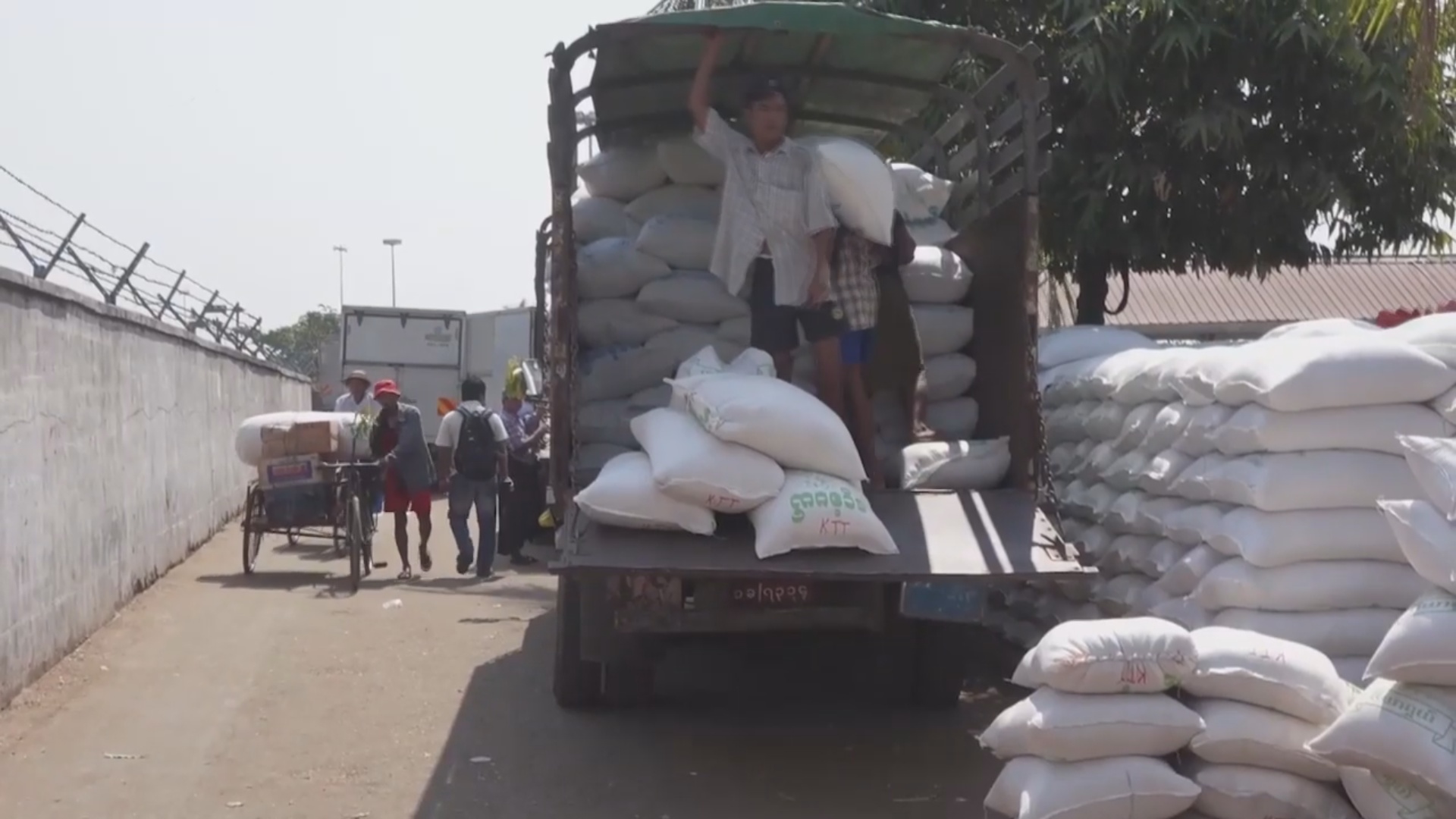Nay Pyi Taw, Febraury (25)
The military council has directed that 65 percent of the export earnings from rice and rice products be exchanged at the rate set by the junta-controlled Central Bank, which may cause problems for rice exporters, the economists and exporters told Than Lwin Times.
On February 23, the military council’s Trade Department announced that 65 percent of the export earnings from the sale of rice and rice products through the main border gates must be converted into Myanmar currency at the rate determined by the military council’s Central Bank.
According to the statement, the military council’s Trade Department is striving to ensure fairness in the export of goods and to establish standard regulations on the main exports.
Therefore, starting from March 1, 65 percent of the export earnings of rice and rice products must be converted into Myanmar currency according to the set rate of the junta’s Central Bank.
An economist opined that due to those restrictions, it may become difficult for rice exporters to continue operating, and rice exports may decrease by almost half.
Furthermore, exporters may reduce rice exports abroad, reducing foreign earnings.

An exporter said that due to the military council’s directive, rice and rice product exporters may suffer losses and cannot understand the current restrictions.
The businessmen pointed out that the military regime should relax the restrictions on export and import since the inappropriate trade restrictions may pose an obstacle for export and import businesses to survive in the long term.
The military council ordered 65 percent of the export earnings of agricultural products such as pulses, oilseeds, corn, rubber, and aquatic products to be converted into Myanmar kyat according to the exchange rate of the Central Bank, and now rice and rice products are included in the list.
The reference exchange rate of the Central Bank of the military council stands at only 2,100 kyats, but in the open market, it trades for about 2,850 kyats per dollar.
There are predictions that the price of rice may decrease due to the restrictions of the military council, but it remains at a high price.
News-Than Lwin Times


